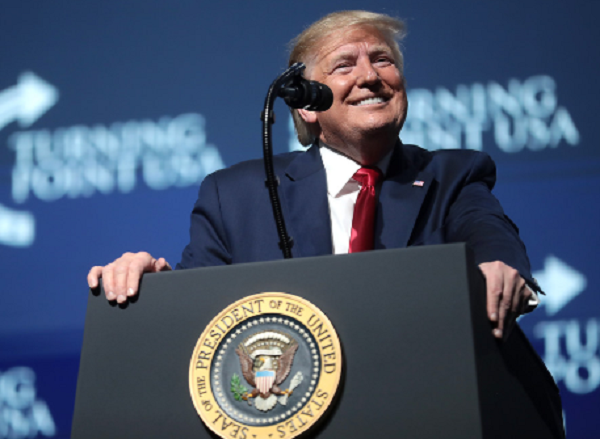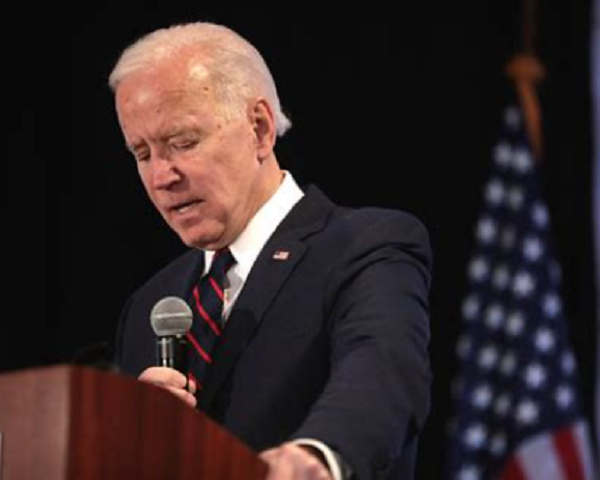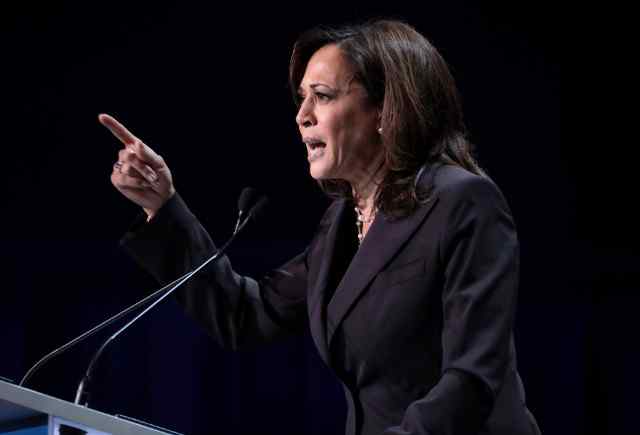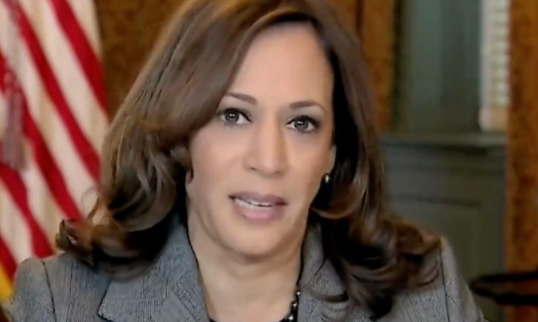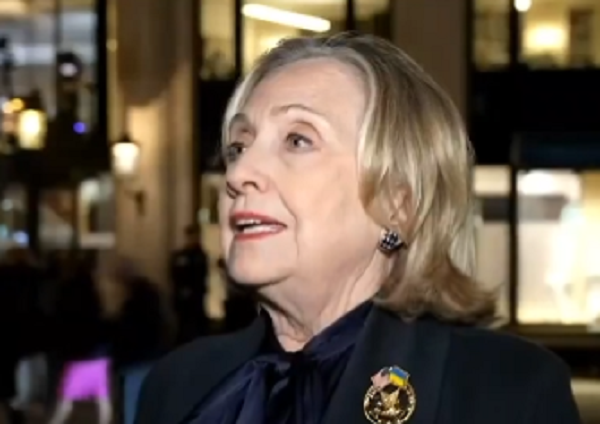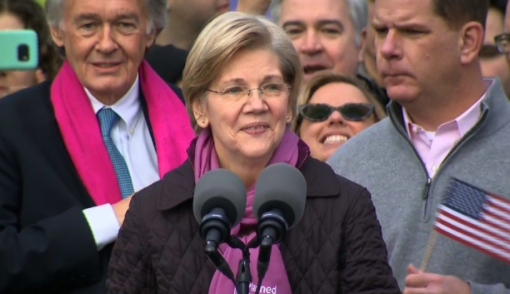The judge presiding over Donald Trump’s case in Fulton County, Georgia, expressed concerns earlier this month regarding the potential trial of Trump in his racketeering case if he were to secure victory in the upcoming presidential election.
According to the Washington Examiner, Superior Court Judge Scott McAfee raised the question during a proceeding, asking, “If your client does win election in 2024, could he even be tried in 2025?”
McAfee posed this question in the context of motions filed by Trump and his co-defendants seeking the dismissal of charges in the Georgia 2020 election subversion case.
Steve Sadow, the attorney representing Trump, argued that he believes Trump should not face trial until after a potential four-year term in office if he emerges victorious in the upcoming election.
“The answer to that is, I believe that under the Supremacy Clause and his duties as president of the United States, this trial would not take place at all until after he left the term of office,” Sadow replied.
The Examiner noted further: If the judge were to accept Sadow’s argument, that would mean Trump’s Georgia trial would be delayed until at least 2029 in the event of a Trump victory over President Joe Biden. Only Trump would have his trial postponed, however; Sadow said the other co-defendants in the racketeering case would receive no such delay.
Fulton County prosecutors have asked McAfee for an August start to the trial against Trump and his 14 remaining co-defendants, which was the wider topic of McAfee’s question on Friday. The judge said he wouldn’t issue an order setting a concrete trial date until at least early 2024.
However, Fulton County District Attorney Fani Willis, the individual who filed the charges, mentioned in November that the trial of Trump might extend beyond the 2024 election, potentially reaching into early 2025.
“I believe in that case there will be a trial. I believe the trial will take many months,” Willis said during an interview Tuesday at the Washington Post Live’s Global Women’s Summit. “And I don’t expect that we will conclude until the winter or the very early part of 2025.”
The commencement date of the trial is yet to be disclosed. Trump, along with 18 co-defendants, has been charged, and four of them have already agreed to plea deals.
Trump’s legal teams have been working to postpone his multiple trials in various locations, including New York, Washington, D.C., Florida, and Georgia, aiming to extend them beyond the 2024 election. Despite these efforts, Willis stated this week that her decision to charge Trump, who is currently the leading GOP candidate for the nomination, was not influenced by the upcoming presidential election.
“I don’t, when making decisions about cases to bring, consider any election cycle or an election season,” she said. “That does not go into the calculus. What goes into the calculus is: This is the law. These are the facts. And the facts show you violated the law. Then charges are brought.”
Axios highlighted that Trump is already poised to confront the possibility of two criminal trials scheduled to commence in March, coinciding with the Super Tuesday primaries.
Willis has encountered considerable scrutiny for filing charges against the former president, including criticism from those on the far left. In a Jacobin article, London-based writer Amos Barshad referenced a couple of cases charged by Willis under the state’s RICO statutes, involving former President Donald Trump and two Atlanta-based rappers, to support his argument.
“Known for prosecuting Donald Trump on election subversion charges, Atlanta DA Fani Willis is using another high-profile RICO case involving rapper Young Thug to boost her image. But critics say her popularity is obscuring the wrongful nature of the case,” Barshad began.
He described the scenario where rapper Lil Duke, also known as Martinez Arnold, arrived in Atlanta on May 9, 2022, from Los Angeles and visited the residence of his longtime friend and collaborator, superstar rapper Young Thug, whose real name is Jeffrey Williams.
On the same day, law enforcement conducted a raid at Williams’ home, leading to the arrests of both individuals and 26 others. Willis brought charges, asserting that YSL, a rap group and record label founded by Williams, was deemed a criminal organization.
“The indictment stated that Arnold’s participation in YSL amounted to a violation of the Racketeer Influenced and Corrupt Organizations Act, or RICO. The penalty for violating RICO in Georgia is a prison sentence between five and twenty years,” Barshad wrote.
He added:
“Willis has become a nationally recognized name thanks both to the YSL case and a concurrent RICO case: the prosecution of former president Donald Trump on election subversion charges. The Washington Post proclaimed Willis’s actions in the latter case could “save democracy.” But defense attorneys working the YSL case say that as Willis is embraced by the national media for her pursuit of Trump, the local people caught in her legal system — people like Arnold — are left harmed.”

